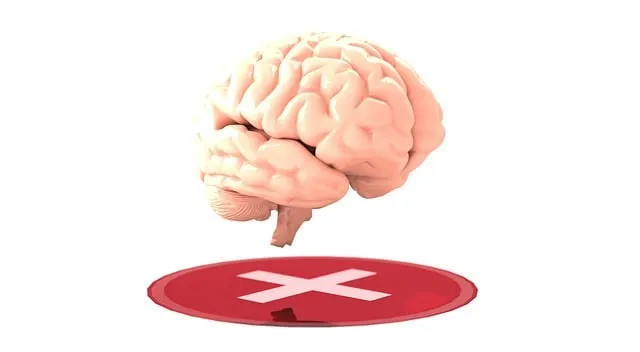The Kaiser Permanente mental health center in Centennial utilizes advanced analytics and compassionate care to interpret data, identify trends like rising anxiety and depression among young adults, and develop tailored interventions. Their research-driven approach, highlighted by the Mental Wellness Podcast Series and Compassion Cultivation Practices, enhances emotional well-being and clinical outcomes. Data analysis guides policy decisions, leading to customized programs and community resilience.
“Mental health data analysis is a powerful tool in improving patient care and guiding policy decisions, as exemplified by the work done at the Kaiser Permanente Mental Health Center in Centennial. This article delves into the process of understanding, analyzing, and interpreting mental health data from this leading facility. By exploring trends and patterns within Kaiser’s extensive database, we gain valuable insights that can enhance treatment strategies and inform healthcare policies, ultimately improving outcomes for patients across the region.”
- Understanding Mental Health Data at Kaiser Permanente Centennial Center
- Analyzing Trends and Patterns: Insights from Kaiser's Database
- Interpreting Results for Enhanced Patient Care and Policy Formation
Understanding Mental Health Data at Kaiser Permanente Centennial Center

At Kaiser Permanente Centennial Center, understanding mental health data involves a multifaceted approach that combines cutting-edge research with compassionate care. This renowned mental health center leverages advanced analytics to analyze trends and patterns within its vast dataset, encompassing patient demographics, treatment modalities, and outcomes. By delving into these insights, healthcare professionals can identify areas for improvement and tailor services to meet the diverse needs of their population.
The center’s commitment to Mental Health Policy Analysis and Advocacy is evident in its data-driven strategies. Through rigorous analysis, they produce a Mental Wellness Podcast Series that educates and engages the community. Additionally, Compassion Cultivation Practices are integrated into patient care, fostering an environment where data interpretation leads not just to improved outcomes but also to enhanced emotional well-being for all individuals served.
Analyzing Trends and Patterns: Insights from Kaiser's Database

The Kaiser Permanente mental health center in Centennial has been a hub for groundbreaking research and data collection, offering valuable insights into the complex landscape of mental wellness. Through their extensive database, researchers can uncover profound trends and patterns that shed light on various aspects of psychological health. By analyzing large-scale datasets, they identify commonalities and differences across demographics, age groups, and geographic locations, providing a comprehensive understanding of emerging mental health issues.
One notable aspect that emerges from Kaiser’s data is the increasing prevalence of anxiety disorders and depression, especially among younger adults. This trend highlights the need for accessible interventions such as Social Skills Training and Stress Reduction Methods to cater to the evolving needs of this population. The center’s database also reveals valuable information about the effectiveness of Emotional Healing Processes, offering evidence-based practices that can be scaled and implemented on a larger scale to improve mental health outcomes across the board.
Interpreting Results for Enhanced Patient Care and Policy Formation

At Kaiser Permanente mental health centers like Centennial, data analysis plays a pivotal role in enhancing patient care and guiding policy formation. By interpreting results from comprehensive assessments, healthcare professionals gain valuable insights into community needs, treatment effectiveness, and specific challenges faced by patients. This data-driven approach enables the center to tailor interventions, design targeted programs, and improve overall mental health outcomes.
For instance, analyzing trends in patient demographics and common diagnoses can reveal gaps in current services, prompting the implementation of specialized programs like Stress Management Workshops or Communication Strategies aimed at vulnerable populations. Additionally, assessing the cultural competency of healthcare providers through training initiatives ensures that care remains sensitive to diverse backgrounds, fostering better engagement and adherence to treatment plans. Such strategic adjustments not only benefit individual patients but also contribute to the broader goal of fostering a more resilient and supportive community.
Mental health data analysis, as demonstrated by Kaiser Permanente’s initiatives at their Centennial Center, offers invaluable insights that can transform patient care and inform policy. By delving into trends and patterns within their extensive database, professionals gain crucial knowledge about community mental health needs. This strategy not only enhances the quality of care at the Kaiser Permanente mental health center in Centennial but also contributes to evidence-based policy formation, ultimately fostering a more supportive and accessible mental healthcare landscape.






